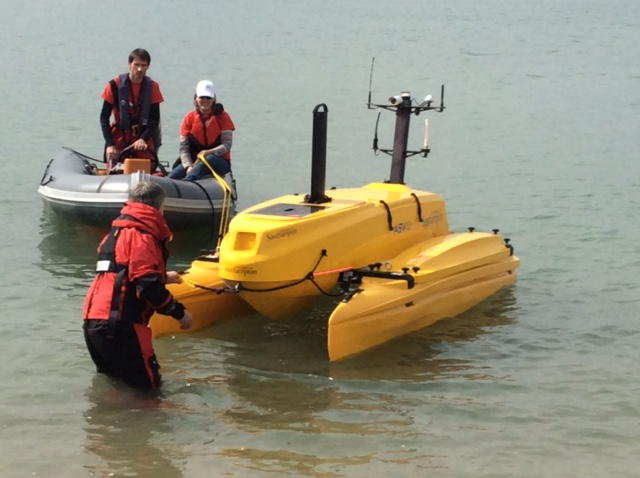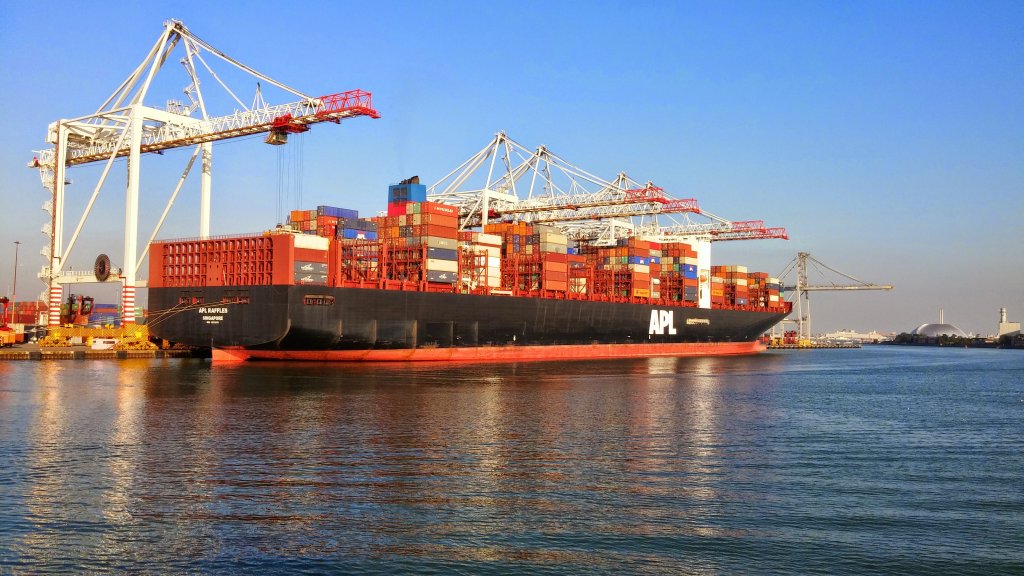
Maritime Engineering is often seen as one of the smaller engineering discipline and yet it support one of the most important sectors of the UK economy [Maritime 2050: Navigating the future, UK Dept for Transport]. With seas and oceans often out sight in our day-to-day lives it is often overlooked.
A recent study from the US indicates that it is worthwhile taking a closer look at the maritime disciplines of Naval Architecture and Marine Engineering. These were rated as the best value for money degree, in a comparison to all other 162 fields of study considered. While we don’t have immediate access to similar study in the UK our experience is certainly that our graduates are always in strong demand.
Why is this? As the recent government led Maritime 2050 report indicates it is vital to our prosperity and security. We rely on the oceans for our trade, for sustainable food and for an ever increasing part of our energy from marine renewables. MaritimeUK is championing the sector which is:
Supporting over 1 million jobs and adding £46.1bn to our economy, maritime is responsible for facilitating 95% of UK global trade, worth over £500bn per year. The UK maritime workforce is 42% more productive than the average UK worker. Maritime makes a greater contribution to the UK economy than both rail and air combined

Naval Architects and Marine Engineers are vital to the success of the world’s ‘blue economy’. This could be the design of ships to carry cargo around the world, offshore wind and tidal devices to harvest green renewable energy , autonomous underwater and surface vehicles to explore the oceans , superyachts for leisure and racing yachts such as those for the America’s Cup. Many of our graduates can be found outside of design in the production and safe operation of these vessels, as data analysts or as brokers. They are embracing the digital revolution in Maritime Engineering, where AI, Machine Learning, carbon fibre composites, 3D additive manufacturing and autonomous systems are opening up careers in this growing sector.
While it is good to see that Maritime Engineering provides financially rewarding careers it has always been the case that the engineering challenges are significant and are stimulating in their own right. Professional Naval Architects can trace their origins back to at least the Romans, with their associations of shipwrights. Today we need to face the challenge of decarbonisation, cleaning the oceans all while ensuring that in the future our use of its vast resources is sustainable. All of these will need a bright, committed and diverse next generation of Maritime Engineers – please contact us if you would like to find out more.
Our Maritime Engineering degree programmes at Southampton are accredited by three leading professional engineering societies, Royal Institution of Naval Architects, RINA, Institute of Maritime Engineers, Scientists and Technologists. ImarEST and the Institution of Mechanical Engineering, IMechE.
